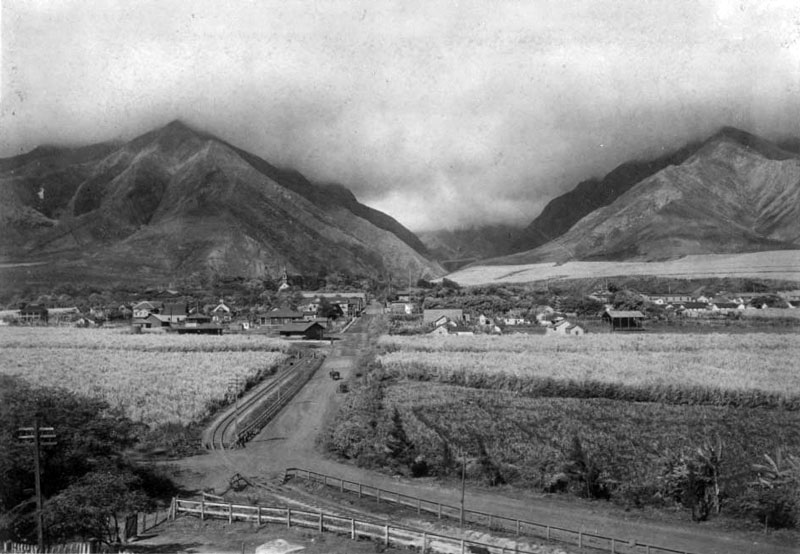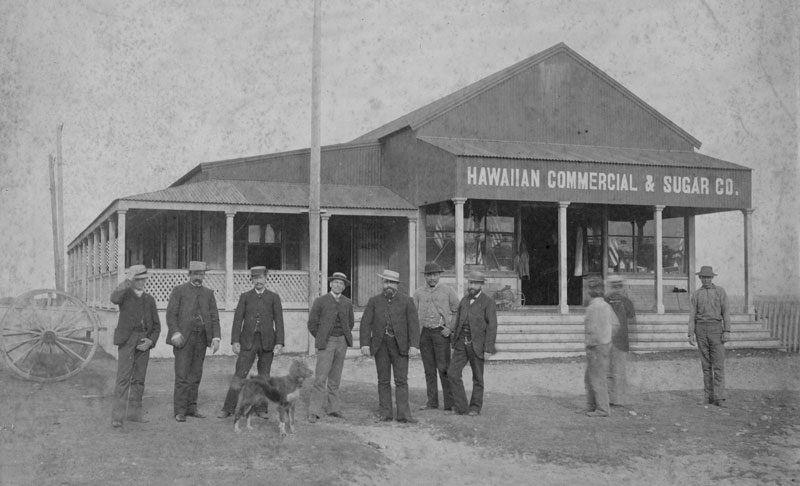
Biography
R. Volney (Rob) Riser is Professor of History at the University of West Alabama, where he teaches a broad range of U.S. History courses. From 2008-2014, he served as department chair; and was from 2012-2017 Editor of the Alabama Review, the Alabama Historical Association’s academic journal. As a researcher, he specializes in U.S. Constitutional History, American Political History, and the history of the American South. His notable publications include Defying Disfranchisement: Black Voting Rights Activism in the Jim Crow South, 1890-1908 (LSU, 2010).
Research
Rob Riser’s “Empire’s Ladder: African American Emigration to Hawai’i, 1899-1901,” is a component of, and provides a narrative through-line for, a larger book-length history of the first Disfranchisement Era. The project engages with Jim Crow Era black southerners’ efforts to maintain and improve their position within the United States, in this case through their enthusiastic participation in America’s tropical colonial project. Annexation, and the advent of direct U.S. rule over the islands brought a quick end to penally-enforced labor contracts and upended the planters’ control of imported Asian labor; annexation also extended the U.S.’s official exclusion of Asian emigrants, thus depriving planters of their preferred labor source.
Hawaiian plantation labor agents fanned across the Gulf South in a far-fetched effort to lure African Americans to the Territory. Recruits in this short-lived experiment with domestic U.S, labor were promised steady wages, generous housing and medical care, prosperity, and, most important social and political equality. They would not go to Hawai’i because they wished to leave the United States, rather, they went because they were invested in the American project. Empire, for them, offered a ladder to escape the South.




